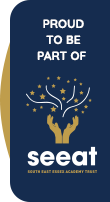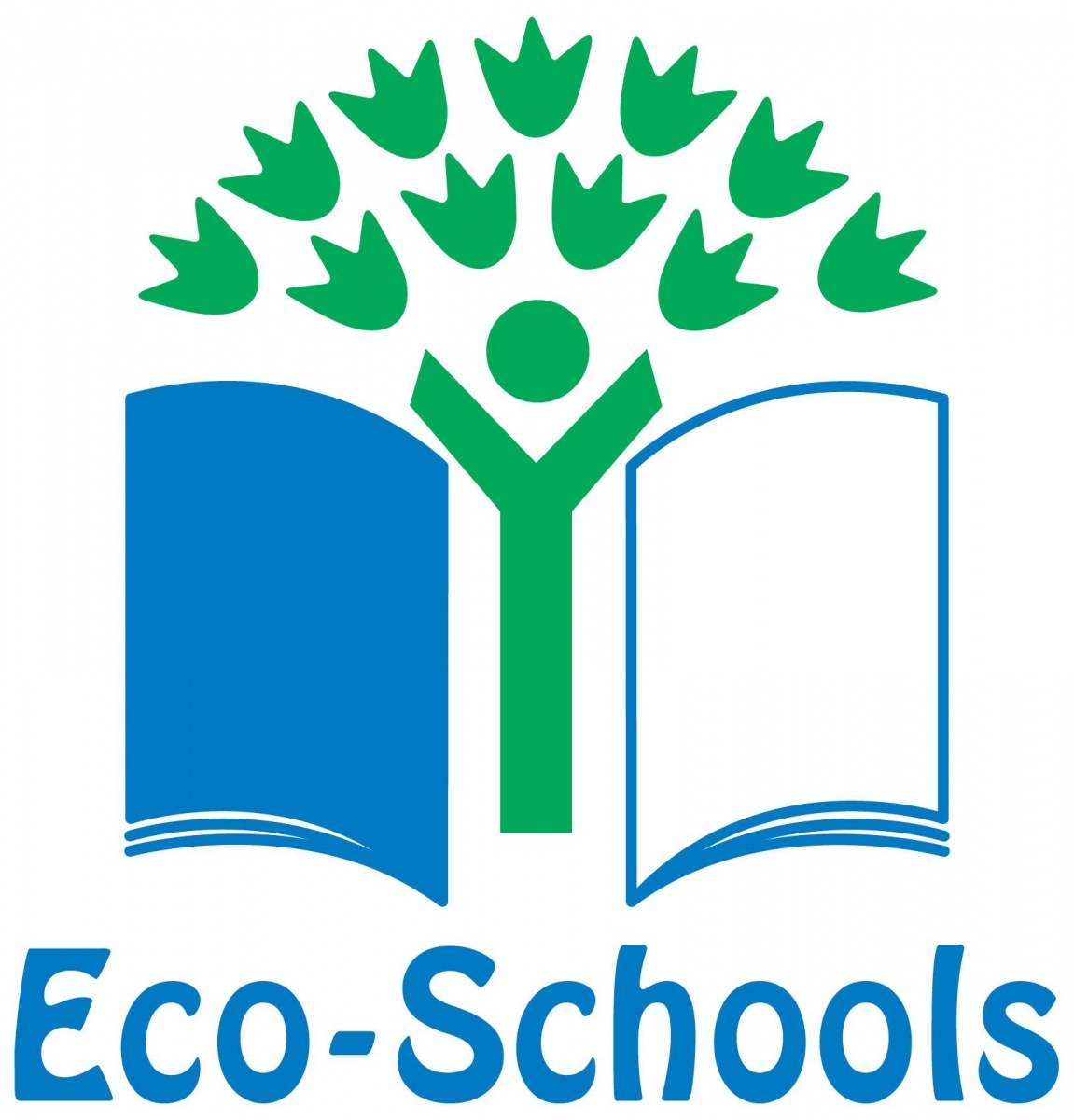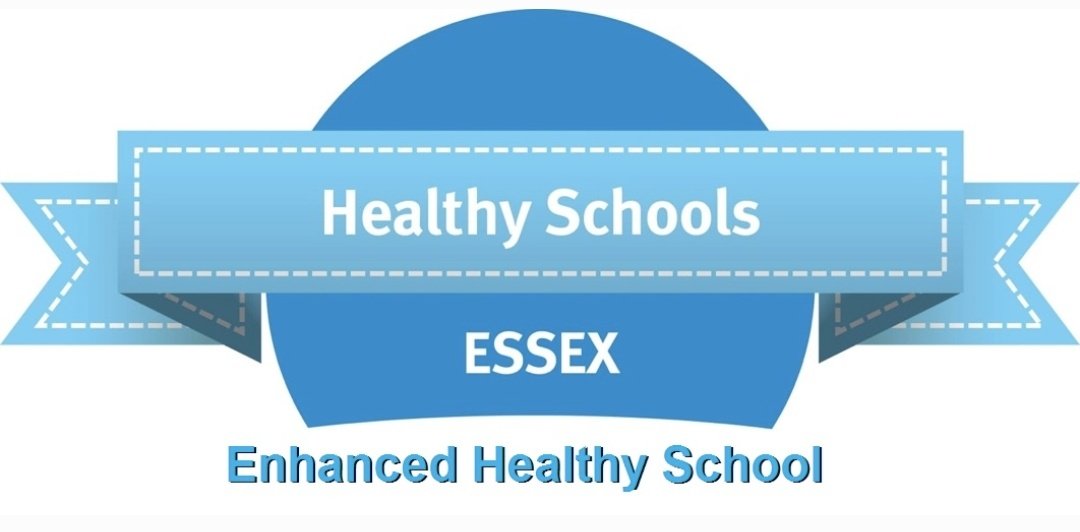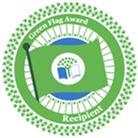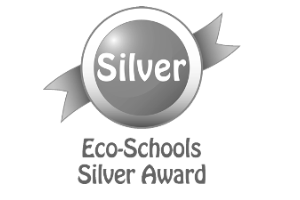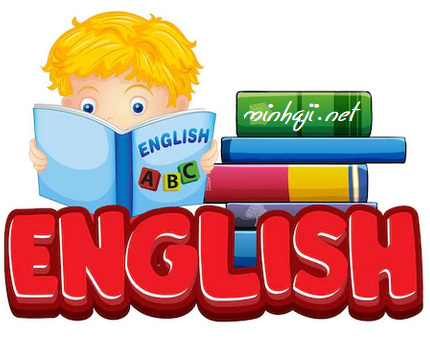
At RPS we use a combination of teaching strategies to deliver a text-based English Curriculum.
Talk for Writing and Big Writing
At the heart of our writing curriculum we use Pie Corbett’s ‘Talk for Writing’. This combines oral rehearsing of texts, storytelling, planning, drafting, and innovating a piece of writing. These skills all build together to enable the children to become independent creative writers. To enrich our English Curriculum, we also use ‘Creative Writing through the Arts’. This approach uses a range of creative stimuli and activities to inspire ideas for writing and improve vocabulary.
Big Writing and Big Talk provides all learners time to talk or write for an extended period of time on an inspiring task. Through these fortnightly sessions, we explore all styles of writing and use games, discussion and planning to extend our writing.
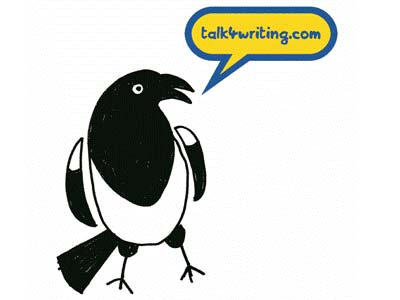
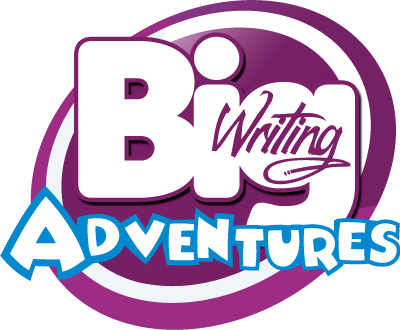
Reading
Reading allows our children the opportunity to delve into other worlds, learn from the past, grow their imagination and peer into the lives of others. Reading is an integral part of understanding how language functions in all areas of our lives. It allows us to share the knowledge, views, experience and imagination of others. At RPS, we believe that a love of reading helps to support and enrich all areas of the curriculum.
Reading Choices
In the school we develop a love of reading and encourage children to have ownership of what they read by following an approach called ‘Reading Choices’. Each class has a library in which a large variety of appropriate level books are organised. All children are taught how to make a good reading choice. Books are recorded and choices are monitored. We also aim to provide a book collection which is up to date and reflects a wider range of reading material. There are classroom collections of books and a central library area. The collections of books are diverse and include: fiction, non-fiction, encyclopaedias, poetry, books from other cultures, books children have made themselves, song books, audio books and magazines/newspapers.
To support our younger readers, appropriate classes have an additional collection of books called ‘learning choices’. This collection of books are made up of phonic focused reading books (Collins Big Cat) and where possible we encourage children to read and share books which match the phonics lessons being taught in class.
Learning to Read
Class teachers will use a variety of techniques in order to introduce and consolidate reading skills and comprehension. Techniques include: whole class active reading to discuss, question, debate and compare texts; guided group session to teach focused reading skills and independent sustained reading time for children to read quietly and have the opportunity for selecting books. The children will also have the opportunity to regularly share books with adults and other children.
Questioning whilst reading enables us to develop children’s reading comprehension. We use question stems developed from Bloom’s taxonomy (a system which categorises types of questions into thinking, learning and understanding). Alongside this approach of questioning we use Reading Vipers (Literacy Shed) which ensures that children are experiencing a range of question styles to develop the reading skills of vocabulary, inference, prediction, explanation, retrieval and summarising.
Reading to our children is a well-loved daily moment of our school day. This could be an end of the day story, sharing an article from a newspaper, reading the class a poem or reading passages from relevant non-fiction texts. Reading aloud to children helps to positively promote the value of reading and fosters a love of reading and sharing books.
We encourage children to take books home to share with their family and an electronic reading record log (Go Read) is provided for parents and children to use together. Reading challenges are used to focus children on widening their reading choices and to reward children for reading a collection of books.



